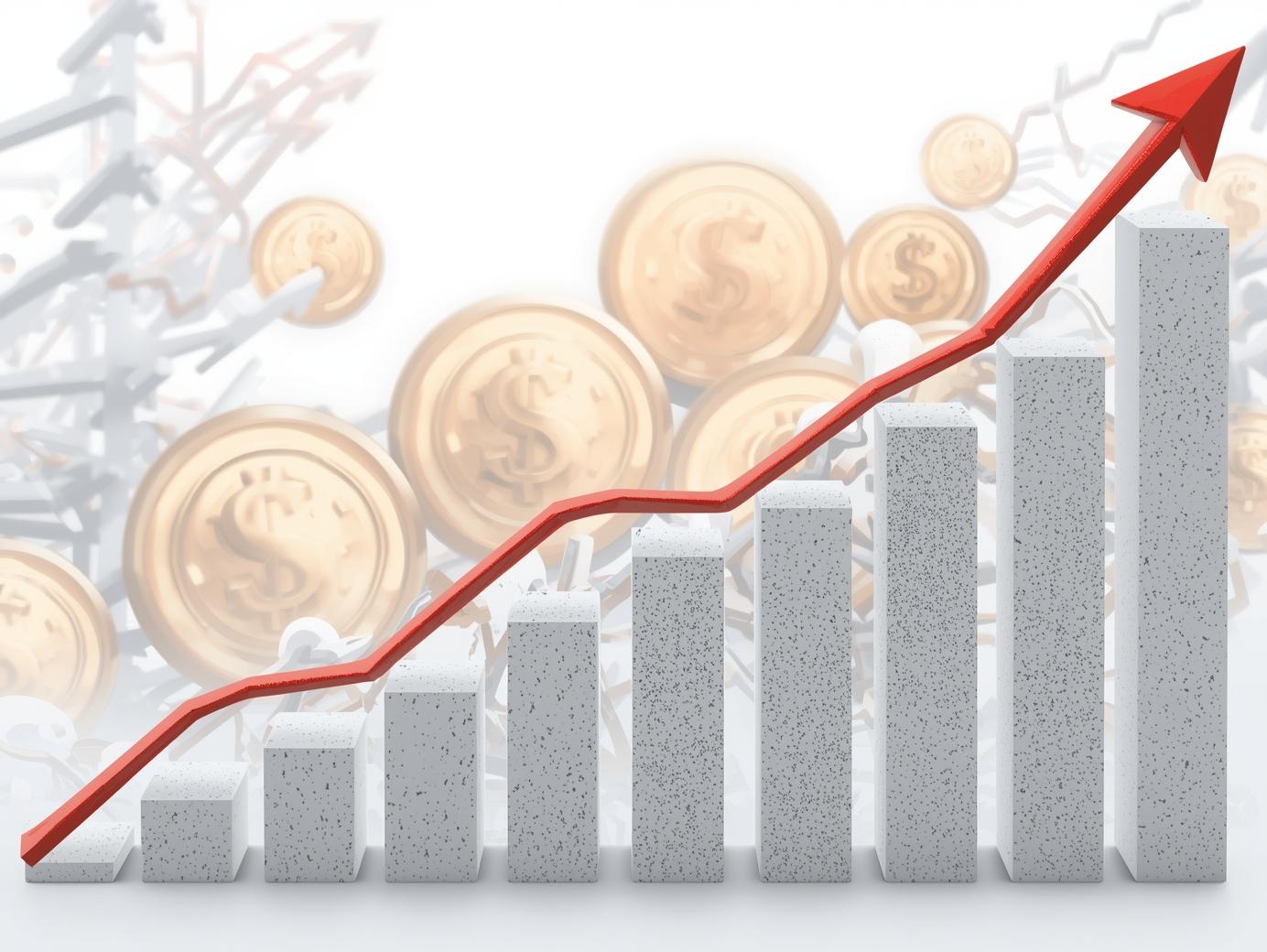Inflation is a critical economic concept that impacts the daily lives of individuals, businesses, and policymakers in the United States. It refers to the general increase in the prices of goods and services over time, which results in the reduction of purchasing power of money. Simply put, when inflation rises, each dollar buys fewer goods than before. Understanding inflation, its causes, effects, and how it is managed, is essential for grasping the dynamics of the U.S. economy and making informed financial decisions.
What is Inflation?
Inflation is measured as the percentage change in the Consumer Price Index (CPI) or similar indices over a specific period, usually annually. It reflects how the overall price level of a basket of consumer goods and services changes. Moderate inflation is considered normal and can be a sign of a growing economy. However, high inflation or hyperinflation can undermine economic stability, while deflation (a general decrease in prices) can also pose economic challenges.
Causes of Inflation
Several factors contribute to inflation, often categorized into demand-pull inflation, cost-push inflation, and built-in inflation.
Demand-pull inflation occurs when aggregate demand in the economy exceeds aggregate supply. This situation often arises during periods of economic expansion when consumers and businesses increase their spending, putting upward pressure on prices.
Cost-push inflation results from rising costs of production, such as wages, raw materials, and energy prices. When producers face higher costs, they often pass these costs onto consumers in the form of higher prices.
Built-in inflation, also known as wage-price inflation, stems from the expectation that prices will continue to rise. Workers demand higher wages to keep up with the cost of living, and businesses increase prices to cover higher labor costs, creating a feedback loop.
Effects of Inflation
Inflation has widespread effects on the economy and individuals. Moderate inflation can encourage spending and investment since money loses value over time, incentivizing consumers and businesses to purchase sooner rather than later. It also allows for adjustments in relative prices and wages, facilitating economic flexibility.
However, excessive inflation erodes purchasing power, making it more expensive for households to afford necessities like food, housing, and healthcare. It can lead to uncertainty, reducing consumer and business confidence, which may slow economic growth. Additionally, inflation affects savings, as the real value of money saved decreases over time unless interest rates keep pace with inflation.
For businesses, inflation impacts costs, pricing strategies, and profitability. Unpredictable inflation can complicate long-term planning and investment decisions.
Inflation in the United States
The U.S. economy has experienced varying inflation rates throughout its history. Central banks, particularly the Federal Reserve, play a crucial role in managing inflation to maintain economic stability. The Federal Reserve uses monetary policy tools such as adjusting interest rates and controlling the money supply to influence inflation rates.
In recent times, factors such as supply chain disruptions, rising energy costs, and fiscal stimulus measures have contributed to fluctuations in inflation. Policymakers continuously monitor inflation trends to strike a balance between supporting economic growth and preventing excessive price increases.
Managing Inflation
Effective management of inflation is essential for sustained economic growth. The Federal Reserve aims to maintain an inflation rate around 2%, considered optimal for balancing price stability and economic expansion.
Monetary policy adjustments, such as raising interest rates, can cool an overheating economy by making borrowing more expensive, thereby reducing spending and slowing inflation. Conversely, lowering interest rates can stimulate economic activity during periods of low inflation or deflation.
Fiscal policies, including government spending and taxation, also influence inflation. Strategic policies that promote productivity and supply-side improvements can help moderate inflationary pressures.

